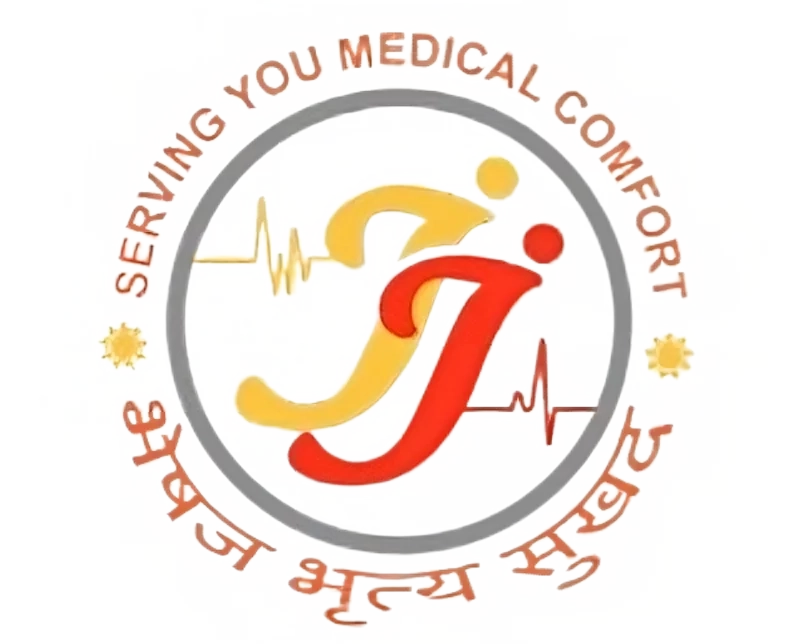Introduction
Breast cancer is one of the most common types of cancer affecting women worldwide, and it can also occur in men. While a breast cancer diagnosis can be frightening, the good news is that early detection and certain lifestyle choices can significantly improve your chances of preventing, detecting, or successfully treating this disease. In this blog, we will explore the importance of early detection and how lifestyle choices play a crucial role in breast cancer prevention and management.
The Importance of Early Detection
Early detection is a critical factor in successfully treating breast cancer. Detecting the disease at an early stage, before it has a chance to spread, often leads to more treatment options and better outcomes. Here are some key steps to help you detect breast cancer early:
Breast Self-Exams: Regular breast self-exams can help you become familiar with the normal look and feel of your breasts. If you notice any changes, such as lumps, dimpling, nipple discharge, or skin changes, consult a healthcare professional promptly.
Clinical Breast Exams: During your regular healthcare check-ups, your doctor may perform a clinical breast exam to check for any abnormalities.
Mammograms: Mammography is a specialized X-ray of the breast tissue and is a highly effective screening tool. Women should discuss the timing and frequency of mammograms with their healthcare providers based on age and risk factors.
Genetic Testing: If you have a family history of breast cancer or carry specific genetic mutations like BRCA1 or BRCA2, genetic testing can help assess your risk. Knowing your genetic predisposition can lead to more proactive screening and prevention strategies.
Lifestyle Choices for Breast Cancer Prevention and Management
In addition to early detection, lifestyle choices can significantly impact your risk of developing breast cancer and your overall health. Here are some lifestyle decisions that can make a difference:
Maintain a Healthy Weight: Being overweight or obese is associated with an increased risk of breast cancer, particularly after menopause. Aim for a balanced diet and regular physical activity to achieve and maintain a healthy weight.
Eat a Nutrient-Rich Diet: Consume a diet rich in fruits, vegetables, whole grains, and lean proteins. Reduce your intake of processed foods, sugary beverages, and excessive red meat.
Limit Alcohol Consumption: Alcohol consumption is linked to an increased risk of breast cancer. If you choose to drink, do so in moderation (if at all), and follow recommended guidelines for alcohol intake.
Regular Exercise: Engage in regular physical activity, such as walking, jogging, swimming, or yoga. Aim for at least 150 minutes of moderate-intensity exercise per week.
Breastfeed If Possible: If you have the opportunity, consider breastfeeding. It may lower your risk of breast cancer and provide numerous health benefits for both you and your baby.
Quit Smoking: If you smoke, quitting is essential. Smoking is associated with an increased risk of several cancers, including breast cancer.
Stress Management: Chronic stress can impact your overall health. Find healthy ways to manage stress, such as meditation, mindfulness, or counseling.
Conclusion
Early detection through regular screenings and self-exams, along with making informed lifestyle choices, can significantly reduce your risk of breast cancer and improve your overall well-being. Remember that breast cancer can affect anyone, so it’s essential to be proactive about your health. Consult with your healthcare provider to create a personalized plan tailored to your risk factors and needs. By taking these steps, you can empower yourself to make positive changes and reduce the impact of breast cancer on your life.








